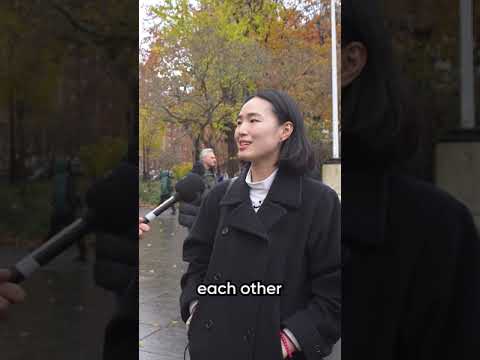
South Korea, a country that has captivated the world stage with its vibrant pop culture and technological prowess, holds deeper layers of tradition, innovation, and enchanting contradictions that many outside its borders may not be familiar with. While international attention often highlights K-pop, Korean cuisine, and electronics, there is much more to learn about this dynamic East Asian nation. Here are several lesser-known aspects of South Korea that reveal its unique character and societal nuances.
## 1. A Haven for Gamers
South Korea is often recognized as the epicenter of the e-sports universe. The country has a robust gaming culture that is supported not only by enthusiastic fans but also by governmental infrastructure and corporate sponsorships. Cities like Seoul host major international gaming tournaments that draw massive crowds and offer substantial prize money. Furthermore, professional gamers in South Korea can achieve celebrity status, appearing on TV shows and commercials, and even receiving exemptions from mandatory military service.
## 2. Jeju Island’s Haenyeo: A Matrilineal Society
Jeju Island is renowned for its beautiful volcanic landscapes and beaches but is also notable for its unique female diving tradition. The haenyeo (sea women) are female divers who harvest seafood by hand from the ocean floor without using breathing apparatus. This tradition dates back centuries and represents a matriarchal aspect of Korean society that is primarily male-dominated elsewhere in the country. These women are not only revered for their skill and endurance but also play a critical role in their local economy.
## 3. Innovative Anti-Smoking Initiatives
South Korea takes public health seriously, particularly regarding smoking cessation. In recent years, the government has implemented aggressive anti-smoking policies including hiking cigarette prices, mandating graphic warnings on packaging, banning advertisements, restricting smoking areas, and even integrating technology like smart bins that reward users for disposing cigarette butts properly.
## 4. A Leader in Green Energy Technology
Amidst its technological achievements in electronics and automobiles, South Korea also leads in green energy innovations. It was one of the first countries to adopt a national green growth strategy aimed at reducing carbon footprints while promoting economic development using renewable energy sources such as solar power and wind energy.
## 5. The Cultural Significance of Age
In South Korea, age plays a significant role beyond just legalities; it dictates social hierarchy based on Confucian principles which emphasize respect for elders. Koreans traditionally calculate their age differently than most other countries; everyone adds one year to their life at New Year’s instead of on their birthday which means all babies born in a particular year technically share the same age.
## 6.Changdeokgung’s Secret Garden
While many tourists flock to Gyeongbokgung Palace in Seoul, fewer venture to Changdeokgung Palace which houses a remarkable “Secret Garden” (Biwon). This garden was designed during the Joseon Dynasty as a retreat for royal family members only but now stands open to visitors who can enjoy its tranquil beauty enhanced by ponds, pavilions and landscaped lawns interspersed with ancient trees.
## Conclusion
These intriguing facets of South Korean life showcase how tradition intertwines with modernity in complex yet fascinating ways across this dynamic society. From high-tech innovations to deep-rooted cultural practices surviving through centuries – South Korea presents an engaging blend of old-world charm accented with future-forward thinking.
Whether you are drawn by its historical depth or captivated by contemporary Korean culture’s vibrancy – there is always something new to discover about this resilient little powerhouse on the southern half of the Korean Peninsula.
